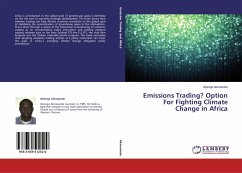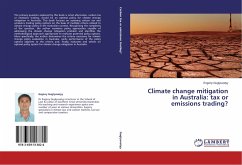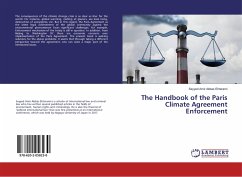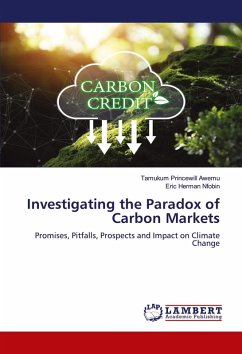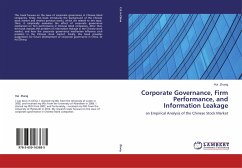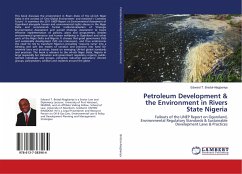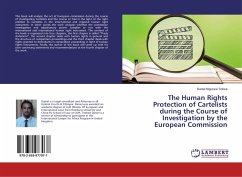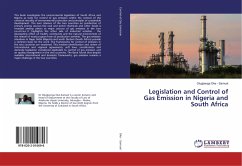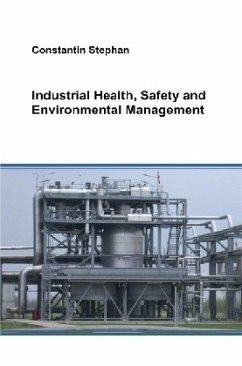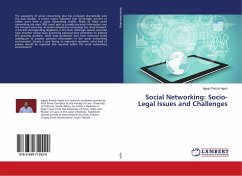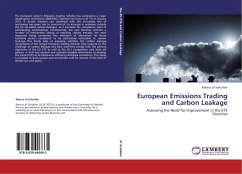
European Emissions Trading and Carbon Leakage
Assessing the Need for Improvement in the ETS Directive
Versandkostenfrei!
Versandfertig in 6-10 Tagen
41,99 €
inkl. MwSt.

PAYBACK Punkte
21 °P sammeln!
The European Union's Emissions trading Scheme has undergone a major modification as Directive 2009/29/EC entered into force as of 1st of January 2013. A stricter emission cap combined with the increasing role of auctioning has given rise to concerns of an increase in emissions outside the EU (so-called carbon leakage), as it increases the compliance costs of participating undertakings. Consequently, the new Directive contains a number of mechanisms aiming at reducing carbon leakage, the most important being continued free allocation of allowances for those industrial sectors considered to be p...
The European Union's Emissions trading Scheme has undergone a major modification as Directive 2009/29/EC entered into force as of 1st of January 2013. A stricter emission cap combined with the increasing role of auctioning has given rise to concerns of an increase in emissions outside the EU (so-called carbon leakage), as it increases the compliance costs of participating undertakings. Consequently, the new Directive contains a number of mechanisms aiming at reducing carbon leakage, the most important being continued free allocation of allowances for those industrial sectors considered to be particularly vulnerable to carbon leakage. This Study aims at assessing whether the carbon leakage mechanisms of the revised Emissions Trading Scheme truly respond to the challenge of carbon leakage and how well they comply with the general objectives of the EU ETS as well as the EU's competition and state aid policies. It shall also present and evaluate possible alternatives to develop the current ETS as to improve its efficiency and legal consistency. The Study is targeted to both lawyers and economists with an interest in the field of climate law and policy.



